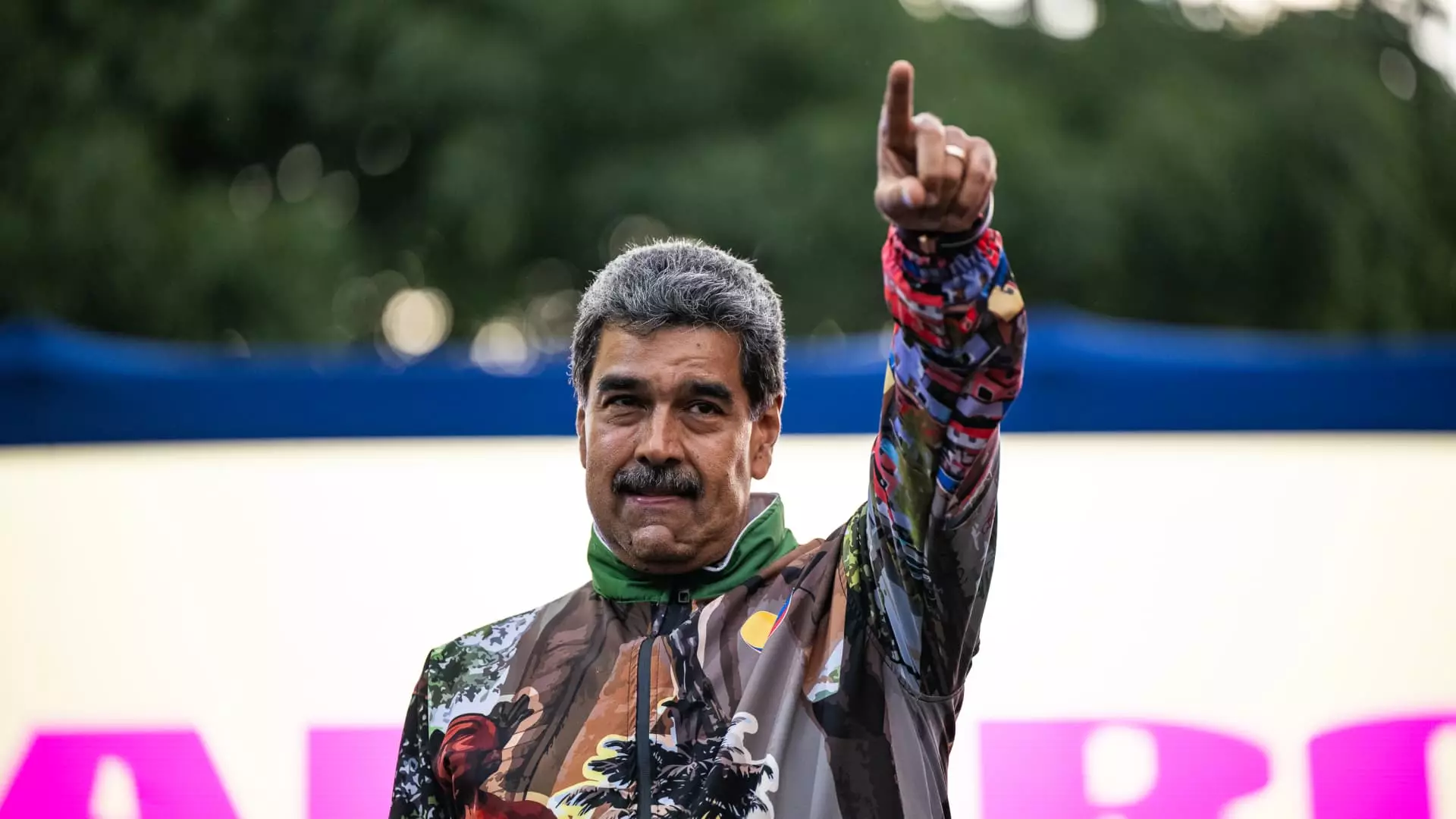As the Venezuelan presidential election approaches, the stakes are high for both incumbent President Nicolas Maduro and opposition candidate Edmundo González Urrutia. While some public opinion polls suggest a preference for Urrutia, it remains to be seen whether he can deny Maduro a third term in office. The 2018 election victory of Maduro was widely regarded as unfair due to the banning of prominent opposition parties from participating, raising concerns about the integrity of the electoral process.
International Concerns and Reactions
The international community is closely monitoring the situation in Venezuela, with both the White House and Brazil expressing concerns about the potential for post-election violence. The White House has called on Maduro to commit to a peaceful outcome regardless of the election results, highlighting the need for a peaceful transition of power if Maduro is defeated. Brazil’s President Lula da Silva has also urged Maduro to respect the election results and acknowledge defeat if necessary.
Venezuela’s economy has been severely impacted by years of political and socioeconomic crisis, with the country experiencing a significant decline in GDP between 2014 and 2021. The mass exodus of millions of people in search of better opportunities has contributed to the country’s instability, with rampant violence, gang warfare, and shortages of essential goods and services driving people to leave. The government has blamed international sanctions for the economic collapse, although analysts point to long-standing issues preceding the sanctions.
As the election looms, there is speculation about the potential outcomes and the impact on Venezuela’s future. While some experts believe that Maduro’s control over key institutions will allow him to retain power, others suggest that a transition of power could occur if he accepts defeat. The country’s economy is expected to see some growth in the coming years, but the challenges of political polarization and economic instability remain significant. The international community, particularly the Biden administration, is looking towards diplomatic solutions to address Venezuela’s crisis and restore competitive politics.
The Venezuelan presidential election presents a critical juncture for the country’s future, with implications for its economic stability, political landscape, and social well-being. The outcome of the election and its aftermath will shape the path forward for Venezuela and determine whether it can overcome its current challenges and embark on a new chapter of growth and prosperity. The international community’s role in supporting a peaceful transition and promoting dialogue between the government and the opposition will be crucial in determining the country’s future trajectory.


Leave a Reply